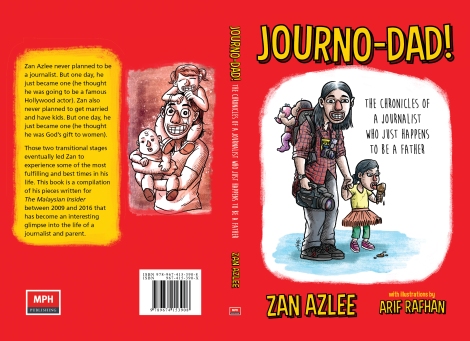
![]()
Malaysia: Can police be trusted to investigate their own failures?
By Zan Azlee
“I received a call from the police saying my husband was in a very serious condition. The next thing I know, he is dead,” said a sobbing S. Perimilah, the wife of the late M. Thanaseelan who died under police custody.
Thanaseelan’s passing is one of the 1,654 custodial deaths since 2010 until February 2017, according to Deputy Prime Minister Ahmad Zahid Hamidi who revealed the statistics in Parliament recently.
“I want to know if he died because of what happened to him when he was in police custody or after he had been sent to the hospital,” she said before having to be consoled off the stage by her daughter because she couldn’t control her emotions any longer.
Perimilah was one of the panelists at a public forum entitled Let’s Talk About Our Police at a suburb in the outskirts Kuala Lumpur over the weekend. The forum also saw in attendance lawyer R. Sivaraj from the Malaysian Bar Council and the Sevan Doraisamy from human rights group Suaram.
According to Sivaraj, Thanaseelan’s post-mortem showed he had died due to severe gastritis. And this, he said, was a clear indication his death was due to neglect by the authorities while under detention for alleged burglary.
“This month has been a very dark month. There have been four deaths in police custody and this is just too much,” he said.
According to Malaysian daily The Star, Thanaseelan was found unconscious in his cell at a police lockup in Bukit Sentosa on Feb 25, four days after his arrest. He later died in the hospital.
Human rights and legal profession groups in Malaysia have long underscored many allegations of police brutality and abuse of detainees which have become a regular affair in the media.
In many cases, magistrates or sessions court judges – who received complaints of abuse in custody — would order a report to be lodged with police or prison authorities. This obviously raises concerns the reports would not be met with proper action.
And that is why there is a renewal in calls for the government to set up the Independent Police Complaints and Misconduct Commission (IPCMC) to allow impartial investigations to be conducted.
While the idea for the IPCMC was first suggested in 2005 following a Royal Commission of Inquiry (RCI) report which found the police’s internal oversight mechanism to be “‘inadequate, unreliable and frequently ineffective”, the government had yet to form the independent body.
The absence of an independent body to probe such cases leaves people like Perimilah in a quandary when seeking justice and closure on how their loved ones were treated under police detention.
And the independent body’s non-existence also raises a slew of questions: What assurances are there that police will investigate themselves independently without prejudice and conflict of interest? Is there a system in place to ensure the investigation is transparent?
It is simply universal law to accord every individual fair and humane treatment as well as the right to justice. And to ensure this, even a single death must be treated as one death too many and such cases should not be treated as a “regular occurrence”.
And in adhering to this universal law, the formation of the urgently-needed IPCMC would not be too much to ask. Only then would questionable deaths in police custody be addressed with full accountability.
[This article was originally written for and published at Asian Correspondent.com]
Get Zan Azlee’s latest book ‘JOURNO-DAD: The chronicles of a journalist who just happens to be a dad!‘ today!
Buy more Fat Bidin books, films and merchandise at The Fat Bidin Store!

